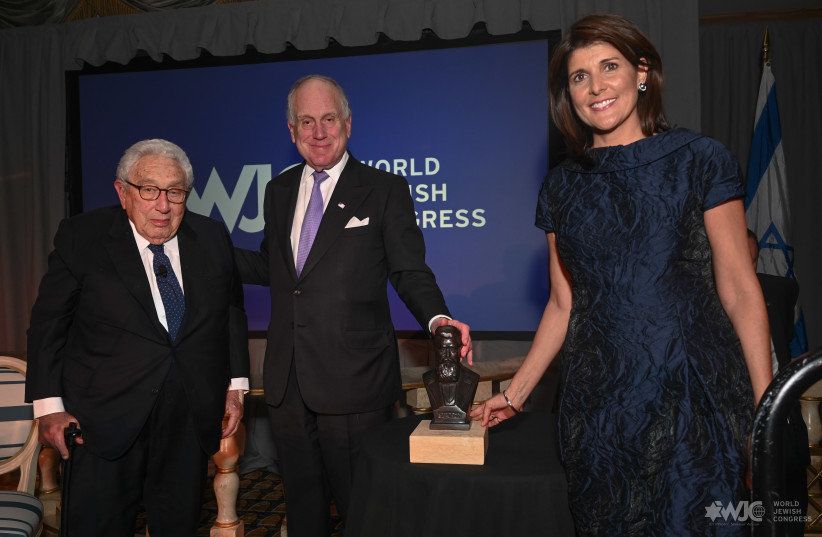A report released on Thursday found that prominent social media platforms, such as Facebook, Instagram, Telegram, Twitter and TikTok, have become sources of hate speech and discrimination – specifically in regards to antisemitism and Holocaust denial.
Holocaust denial and other hate speech
The report, titled “History Under Attack: Holocaust Denial and Distortion on Social Media,” was co-authored by the World Jewish Congress, UNESCO and the UN Department for Global Communications. The joint study outlines examples of Holocaust denial and other hate speech, and provides recommendations on education and content moderating for governments, online platforms, educators and researchers.
“As Holocaust deniers become more sophisticated, so must those who are working to fight this evil,” said WJC President Ronald S. Lauder. “WJC looks forward to continuing to support the United Nations and UNESCO in their international efforts on Holocaust education and fighting antisemitism.”
“The report reveals that there are still social networks where Holocaust denial and distortion spread without moderation, and that this content is used to fuel hatred. We can fight against these phenomena by taking action on content and educating users.”
UNESCO Director-General Audrey Azoulay
“Common principles and guidelines”
The study concluded that content moderation, such as removing inappropriate content and misinformation warnings, was the most effective way to curb the rise in hate speech and Holocaust denial.

For instance, roughly half of Holocaust-related content on Telegram – an app infamous for its lack of moderation – denied or distorted Holocaust history, according to the experts’ wide-ranging review. Holocaust-related posts on moderated platforms such as Facebook and Twitter, however, saw a much lower rate at 10% and 15% respectively.
“The report reveals that there are still social networks where Holocaust denial and distortion spread without moderation, and that this content is used to fuel hatred. We can fight against these phenomena by taking action on content and educating users,” said UNESCO Director-General Audrey Azoulay, who added that society “cannot only rely on the voluntary participation of platforms: We also need common principles and guidelines.”
An "an urgent wake-up call"
The WJC has previously forged partnerships with Facebook and TikTok in response to the rise in antisemitism, in which the platforms launched features encouraging users who search for keywords associated with the Holocaust to learn more by visiting the WJC and UNESCO site AboutHolocaust.org. The website, now available in 19 languages, has about 15,000 daily users and over a million all-time visitors.
“Understanding the history of the Holocaust is crucial to safeguarding our future… if we fail to identify and confront the lies and inhumanity that fueled past atrocities, we are ill-prepared to prevent them in the future,” UN Secretary-General António Guterres wrote in the report’s foreword. “This report is an urgent wake-up call that must jolt us into action – to pursue truth, remembrance and education, and together build a world of peace, dignity and justice for all.”
